Taiwan’s small and medium manufacturing industry is in crisis. Due to an ageing workforce and a lack of succession planning, the industry is facing a severe skills shortage. The problem is made worse by a significant decline in sales. More than 35,000 SME manufacturers in Taiwan are projected to survive for only the next 5 to 10 years.
Using in-depth interviews with more than 40 stakeholders and 8 factory visits, this research finds numerous challenges facing small factories. Factory technicians undervalue their own skills, while small factory owners feel overwhelmingly pessimistic about the future of the industry. Furthermore, there is a lack of knowledge documentation, and insufficient diversification and funds forinnovation.
At the same time, views from outside the factories and the younger generation in particular suggest several opportunities for manufacturing SMEs. In particular, the young seem to appreciate the value of manufacturing SMEs, expressing a desire to secure their future. Being digitally savvy and creative, the young also bring vital skills and experiences to the industry, especially in securing funding from the government or other sources.
Factory NextGen aims to help struggling SME manufacturers innovate by connecting them with the younger generation. This project provides a platform for the old and young to exchange skills and ideas, and develop solutions to restore the SME manufacturing industry to its former glory. The project’s strategy is threefold, targeting three main stakeholders:
- pooling resources within and outside factories to help SME manufacturers identify new market opportunities and innovate
- empowering millennial professionals to engage with SME manufacturing and become key agents of positive change in the industry
- opening factory doors to provide hands-on experience and job opportunities for teenagers


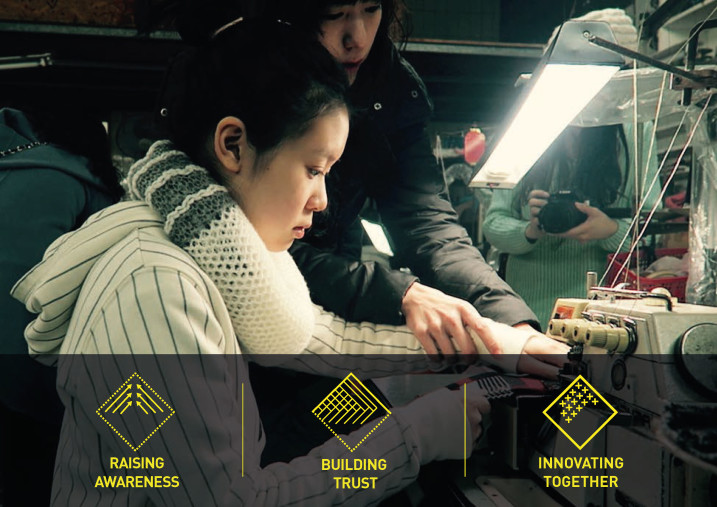
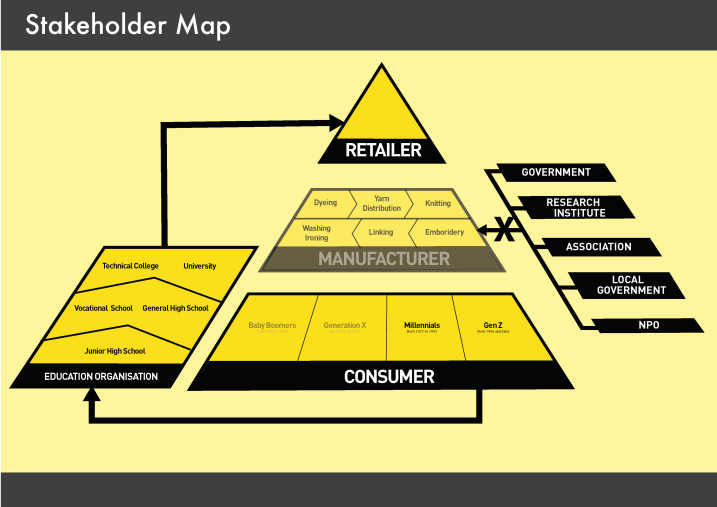
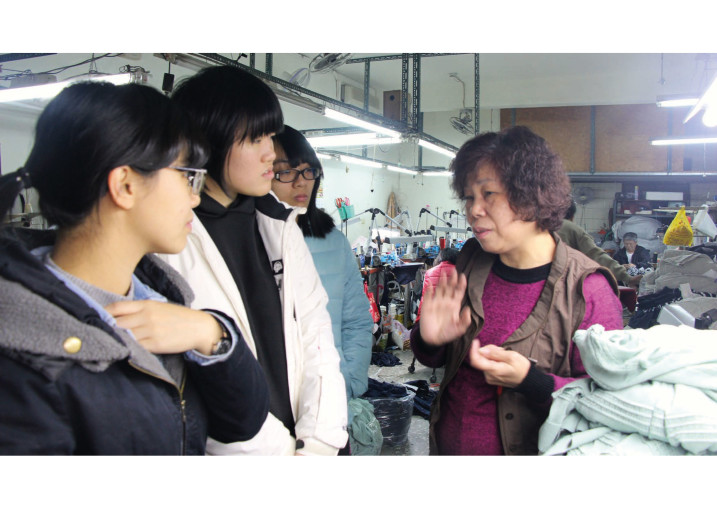
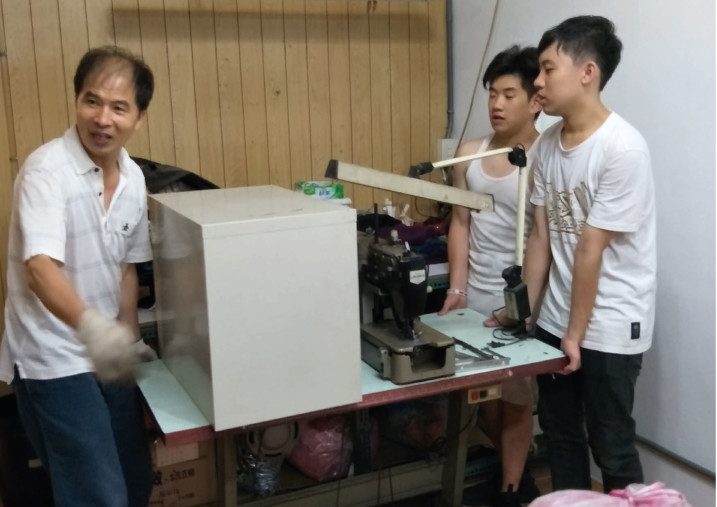
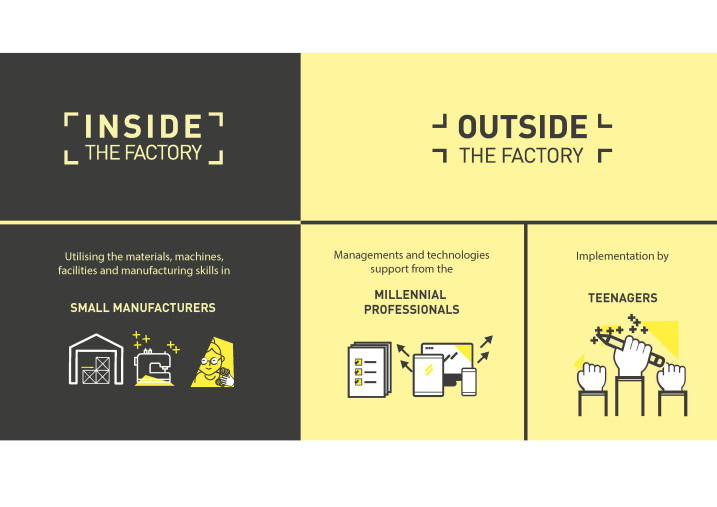
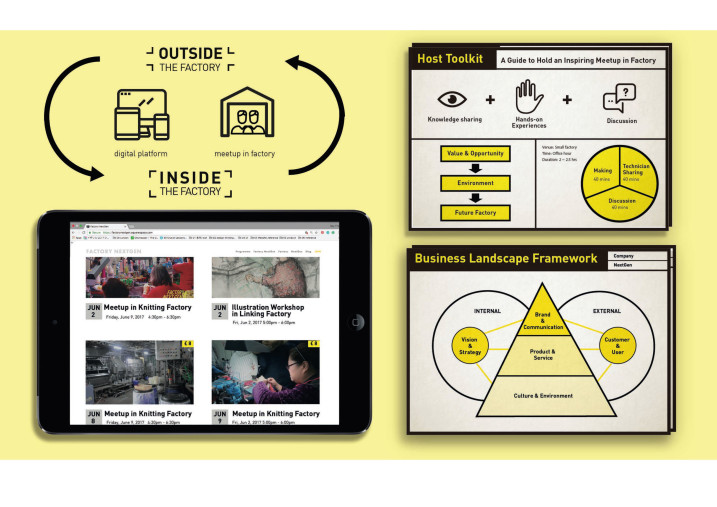
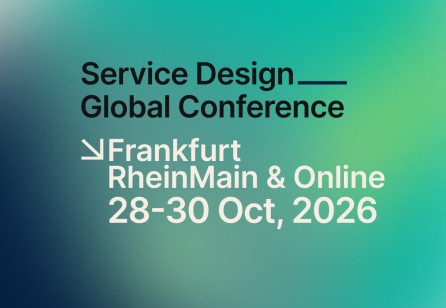

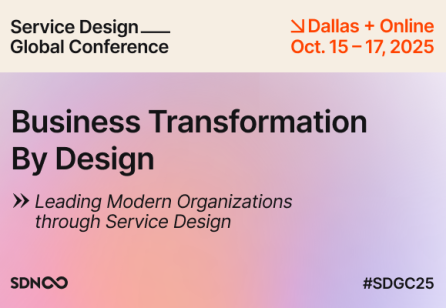


Share your thoughts
0 RepliesPlease login to comment